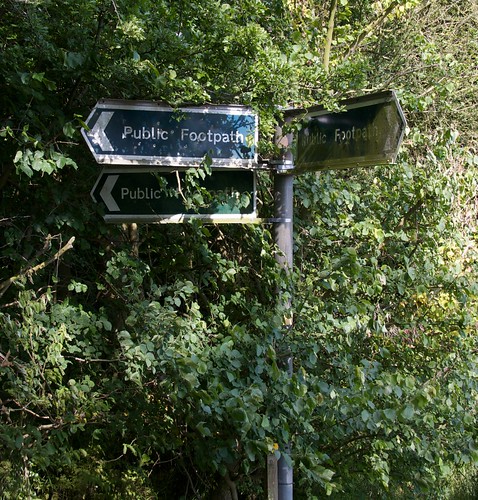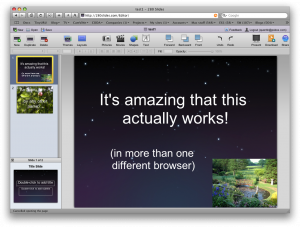
I’ve always felt that one of the things I’d miss most if I ever left the UK for, say, America, is our network of public footpaths. I’ve spent many a happy weekend afternoon on them, discovering places I’d never seen before.
An example from this afternoon for all you Cambridge residents. Where, within 10 miles of the city centre, can you find white limestone cliffs? You can’t see them from the road.

They’re a lot more dramatic than they look here, too.
But as well as drama this afternoon, there was beauty:

And history:

and cuteness:

But the cutest moment came near the end of my walk when, hearing lots of cheeping coming from the river, I went closer and saw a couple of swans and three cygnets heading homewards:

There was quite a current, and the little one were having to work hard to keep up.
But no, wait, I was mistaken. Four cygnets:

One had obviously found the current a bit too much and had to be given a lift.
They headed off in the evening sun.

And so did I.
More photos here.













Recent Comments